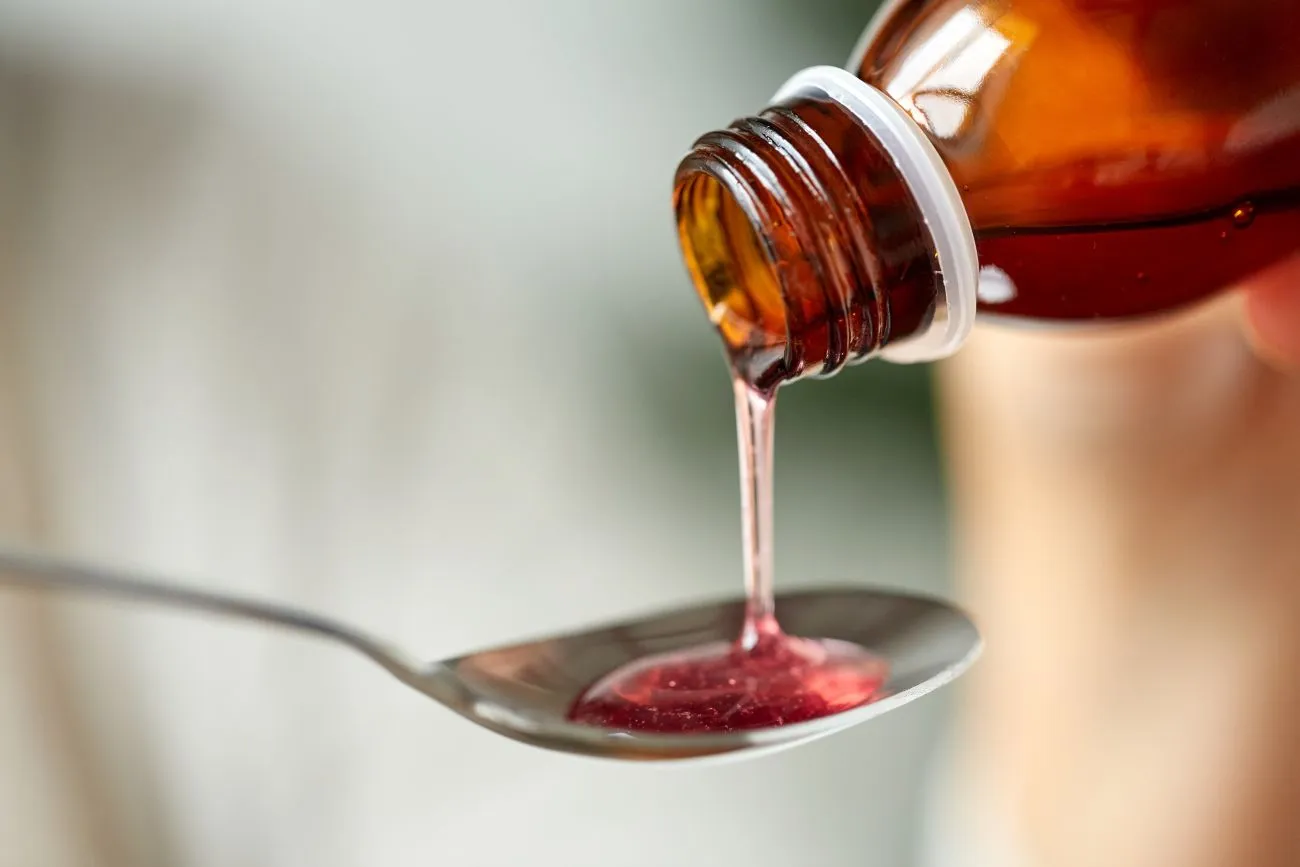For seniors or those of us who have compromised immune systems, cold and flu season can be deadly. Even a mild cough or bout of influenza in someone who is 65 years of age or older could lead to life-threatening complications, hospital stays, and a major decline in quality of life. One recent study cited by the Center for Disease Control and Prevention states that roughly 70 to 90 percent of people that were killed by flu-related complications were over the age of 65.
Getting a vaccine is the most important thing that you can do to avoid the flu and a host of serious complications that can come along with it. A flu vaccine is recommended for everyone ages six months of age and older. They’re generally available from October until January or longer depending on the trajectory of that year’s virus. These vaccines take the form of an injection or a nasal spray. Depending on your area, there may be specific flu shots called the high dose flu vaccine or adjuvanted flu vaccine, which are specifically designed for seniors.
If you do happen to get sick even though you’ve gotten a flu vaccine, there are medications and treatments that you can take that may help. There’s no real cure for the flu except rest and hydration, but these medications can help counter some of the unpleasant side effects of this sickness.
1. Robitussin
Robitussin is an antitussive medication (better known as a cough suppressant) that can control short-term coughing outbursts. Many people find coughing during a cold or flu absolutely exhausting. It hurts your throat and makes your chest feel sore and tight. Robitussin won’t heal your cough, but it will suppress it temporarily, bringing you much-needed relief.
If you’re a senior, it’s recommended that you consult a doctor before taking any of this medication, as it can have minor side effects like confusion, drowsiness, or nausea. It also interacts with a huge list of medications, so if you’re regularly taking any prescription drugs, consult a doctor or pharmacist before taking Robitussin.
It’s recommended that you take no more than five to 10 mg of Robitussin every four hours or as required until the maximum of 60 mg per day is reached.
2. Nyquil
Nyquil is a popular nighttime cold and flu medication that contains four different medications, which perform individual functions to help you sleep better. There’s acetaminophen, which is a pain reliever that can also help reduce fevers. Dextromethorphan is a popular cough suppressant similar to the active ingredient in Robitussin. There are also decongestants to help loosen mucus and fluid from the lungs so it can be more readily expelled. The final active ingredients are antihistamines, which help relieve sneezing and that irritating itchy feeling in your nose, eyes, and throat. It comes in both gel caps and a liquid.
If you’re a senior, you should consult your doctor before using Nyquil. It’s not recommended for people who may have taken MAO inhibitors in the last two weeks or are currently on potassium supplements.
3. Tylenol
Tylenol is an extremely popular pain reliever and is often taken for minor aches and pains. Even though it’s a common over-the-counter drug, it’s still essential to ensure you’re using it correctly, especially if you’re taking other medications.
Tylenol is the brand name of acetaminophen, a nonsteroidal anti-inflammatory drug (NSAID). It’s generally safe for anyone to use but should be avoided if you have any history of liver problems. It’s a useful medication to have around in the event of a sudden cold or flu. It will help reduce fever and dull headaches and helps mitigate the aches and pains that come with constant coughing fits. If you’re taking Tylenol and suddenly have side effects like insomnia, constipation, or anxiety, consult a doctor right away.
4. Oscillococcinum
Oscillococcinum is a popular homeopathic remedy that’s available from health food stores, pharmacies, and grocery stores. It’s a non-drowsy natural supplement that claims to get rid of “flu-like” symptoms like fever, headache, chills, body aches, and fatigue. Each package contains six doses of 0.04oz quick-dissolving pellets, which when taken according to package directions should last you two days. It’s recommended that you start taking the pills as soon as you start feeling a cold or flu coming on.
The active ingredient is anas barbariae hepatis et cordis extractum, which is Latin for “extract from the heart and liver of a duck.” Yes, there are small amounts of duck liver and heart in these pills. Technically, it’s not a drug, it’s a supplement, so purchase at your own risk. There’s very little evidence these pills do anything at all.
5. Theraflu
Theraflu manufacturers a variety of cold and flu-busting products, including syrups, pills, liquid powder, and single-serve pods. Whatever their formula, all of their products contain similar active ingredients. Dextromethorphan, a cough suppressant, will temporarily stop coughing fits so you can breathe easier. Pheniramine is an antihistamine and phenylephrine is a nasal decongestant that can help shrink the blood vessels in your nose which lead to it getting blocked. Seniors should not take this before consulting with a doctor, as it can interact with drugs prescribed for depression or Parkinson’s disease or MAO inhibitors. You should also avoid driving and other strenuous activities when taking your first doses, as it may cause you to become drowsy. Dissolving the powder in hot water makes a warm and comforting drink that will hopefully work to relieve cold and flu symptoms.
